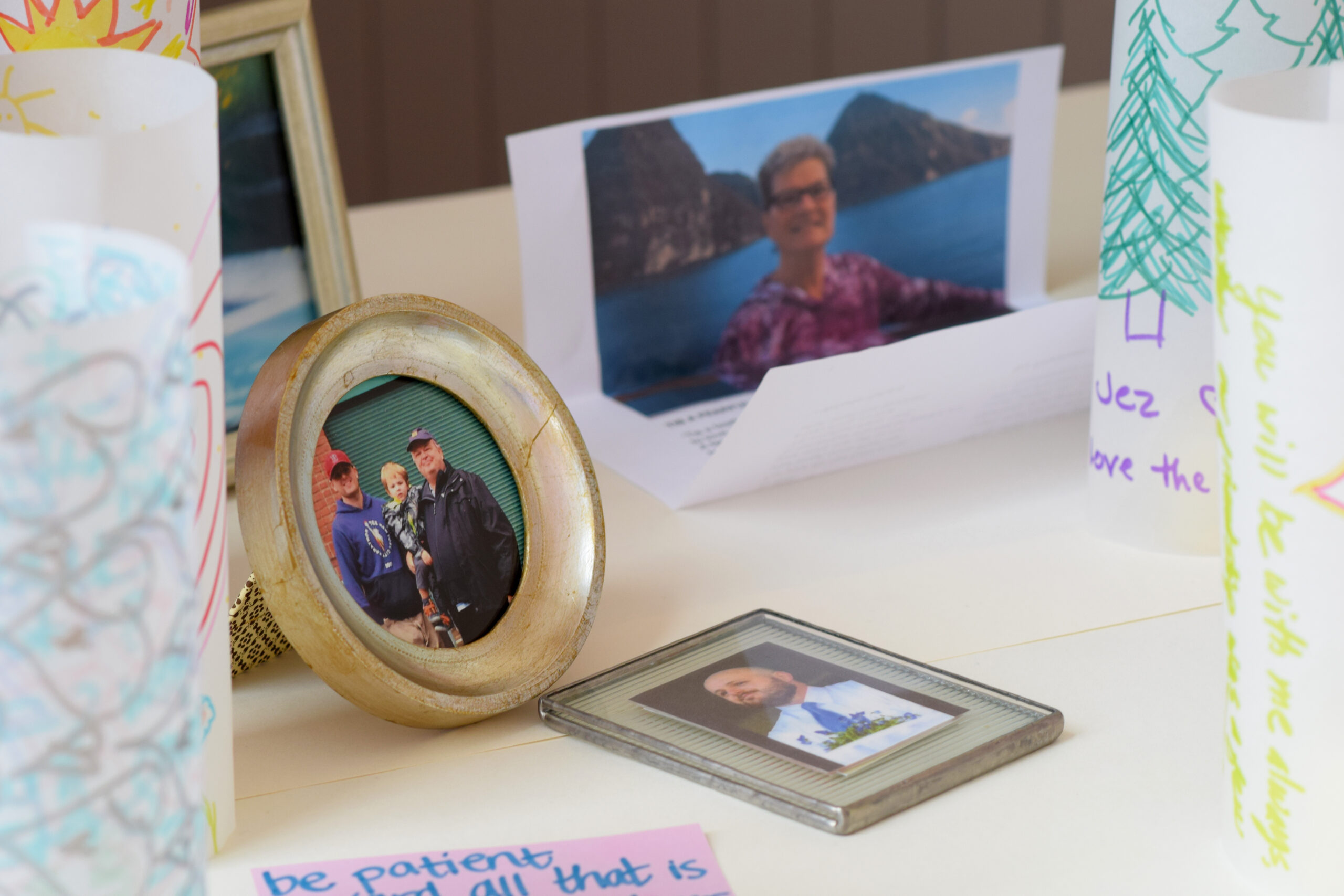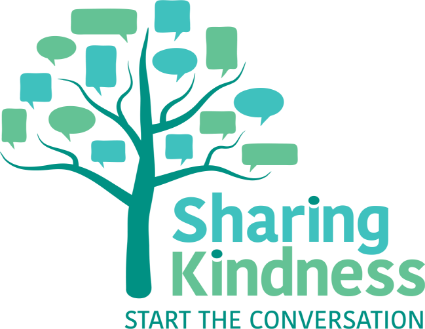Grief Support Resources

Living with the reality of loss seems insurmountable, particularly in early grief. Yet being supported while tending to your grief can make the pain more bearable.
At Sharing Kindness, we are committed to providing grief support on Cape Cod and the Islands, offering hope and courage to all those navigating life after loss. Whether you are grieving or know someone who is, we hope you find these resources helpful.
Resources for healing
Grief Resources Search Tool
The Dougy Center’s comprehensive search tool allows you to filter results by topic and type of death, relationship, audience and resource type, providing access to the best information that meets your specific needs.
About the Dougy Center: a national grief center in Portland, Oregon, The Dougy Center offers support for children, teens, young adults and families. Its nationally and internationally acclaimed peer grief support model forms the foundation of Sharing Kindness’s programming on the Cape & Islands.
Sharing Kindness Blog
Browse our blog for personal stories, book lists, tips for healing and more.
Virtual Memory Wall
It is estimated that up to 135 people are affected by a single suicide. Each of these people is at greater risk for suicide themselves — for that reason, they are called suicide loss survivors. Suicide loss survivors, we know there is a stigma attached to your loss that makes it hard to talk about, but your person’s story deserves to be told. If you feel comfortable, you are welcome to submit a photo and story of your loved one for our Virtual Memory Wall.
» Grief Support Programs on the Cape & Islands
Sharing Kindness offers a range of educational and support programming in our communities, including peer grief support programs tailored to specific groups (such as young adults, children and families, and suicide loss survivors), grief yoga and journaling workshops, and grief support for families, schools and other affected groups after a recent loss. Find a program near you.
For families
Talking to Youth about Tough Topics
When your family is grieving, even the most basic conversations can be challenging. As a result, addressing more serious subjects like bullying, gender identity and mental health can feel insurmountable. Judi’s House has a great web page with resources to help parents and caregivers navigate tough topics with children and teens.
For schools
Resources for Grieving Students
Sharing Kindness is a Friend of the Coalition to Support Grieving Students, a collaboration of the leading professional organizations representing educators and school professionals who have come together with a common conviction: grieving students need the support and care of the school community. Through this affiliation, we have industry-endorsed grief resources available for schools on the Cape & Islands. If you are interested in learning more, please contact us today.
For understanding grief
New to the grief world? We know, it’s complicated. If grief has become part of your life in some way, it’s important to be educated about this human experience, the ways it affects our lives, and how to support those who are grieving. The following are a few of our favorite resources for understanding grief.
Being Grief-Informed: From Understanding to Action
For those who want to better understand grief, support grievers and be agents of change
Whether you’re experiencing loss for the first time or supporting someone else who has, there’s a bit of a learning curve. This detailed guide from the Dougy Center, linked above, that breaks down what grief is and what it isn’t. It also includes a step-by-step call to action for how you can educate others about grief, support those who have experienced loss, and foster a more compassionate, grief-informed culture in your community.
Developmental Responses to Grief
For families of children and teens who are grieving
Everyone grieves in their own way, and kids and teens respond differently to loss than adults. There are some behaviors and emotions commonly expressed depending on a child’s developmental level. This guide from The Dougy Center outlines concepts of death, common responses and ways to help children at each developmental stage.
Things to remember about the grieving process
For those navigating their own grief journeys
Excerpt from “The 5 Stages of Grief and Other Lies That Don’t Help Anyone,” a blog post by Megan Devine, a psychotherapist, grief advocate and author of It’s Okay That You’re Not Okay:
Here are some things to remember:
There is no finish line. This is not a race. Grief has its own lifespan, unique to you.
There is no time when pain and grief are completed; you grieve because you love and love is part of you. Love changes, but does not end.
What will happen, what can happen, as you allow your grief, is that you will move differently with pain. It shifts and changes: sometimes heavy, sometimes light.
Anger will happen. So will fear, peace, joy, guilt, confusion, and a range of other things. You will flash back and forth through many feelings, often several of them at once.
Sometimes you will be tired of grief. You will turn away. And you’ll turn back. And you’ll turn away. Grief has a rhythm of its own.
Grief can be absolutely crazy-making. This does not mean you are crazy.
There is no way to do grief “wrong.” It may be painful, but it is never wrong.

